You are here
- Home
- Running at the Top of the World
Running at the Top of the World
13 November 2019
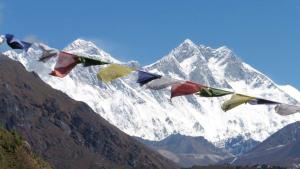
This blog was written by Open University PhD student, Kirsteen Merrilees, an Infrastructure and Management Consultant based in Nepal, just before she embarked on the Everest Marathon. Kirsteen completed the marathon on 3 December 2019.
I have been living and working in Nepal for the past 9 years, building and maintaining roads in the mid- and far- western region, the poorest and most difficult to access part of the country. Earlier this year I travelled in the first-ever vehicle to drive into Humla district from the Nepal side, the last unconnected district in Nepal, on the road that we are constructing.
My work, and the many challenges it involves, inspired me to apply to study towards a PhD and since February this year I have been a part-time student in Development Policy and Practice (DPP) in the Faculty of Arts and Social Sciences. My research is exploring how different road construction approaches impact on development, attempting to answer an ongoing debate in Nepal about whether you get better development outcomes if you build a road quickly using equipment so that communities gain access to long term benefits within one to two years, or if you build a road slowly using labour-based methods that provide wage incomes during construction but with the road and the benefits it brings taking four to five years.
As if working almost full time in a senior management position and doing a part-time PhD at the same time weren’t enough of a challenge, I decided to sign up to run a marathon. Not any old marathon of course, but the highest marathon in the world – the Everest Marathon. My thought being that as I’m living here I might as well give it a try!
The Everest Marathon is listed in the Guinness Book of Records as the highest marathon in the world. The marathon starts at the original Everest Base Camp in a place called Gorak Shep, which means 'dead ravens' because the place is so barren, at an altitude of 5184m. Just reaching there involves a challenging trek, and to acclimatise for running a marathon the pre-race trek planned by the race organisers takes 15 days with side trips to the Gokyo lakes, summits of 5,500m and up to the new Everest Base Campsite at 5,364m.
The race itself takes runners through glacial moraine, sandy scree, narrow and uneven trails, stony staircases, narrow suspension bridges and exposed paths high above the river below. It involves a descent of 2,779m and a climb of 1,007m. Not only is the terrain difficult, but the altitude makes it an even more challenging experience. And of course, you have to dodge other trekkers and yaks. Not for the faint-hearted.
The purpose of the marathon is to raise funds for charity, with this year’s funds raising being directed towards Community Action Nepal, a UK based charity founded by Doug Scott, that promotes fair treatment for the Sherpa guides and porters and supports small but vital community projects such as maintaining village schools, medical posts and water supply.
I now have only a few days to go before setting off on this new adventure. I’ve made one attempt to pack my bag, but have so far failed to cut my gear down to meet the absurdly low weight (only 11kg for three weeks in very cold conditions!) and volume limit allowed. I’ve kind of followed a training plan, but as always not done quite as much as I’d intended.
So whilst the Everest marathon is described as a race, for me it is a chance to spend some time away from all the hustle and bustle of life in Kathmandu, to escape the stresses of work and to reconnect with nature: to enjoy a trek in a wonderful part of the world with a bit of a run at the end – albeit a bit of a long run that I will probably walk much of.
We are delighted to advise that Kirsteen completed the Everest Marathon on 3 December. She said "the marathon is the toughest thing I've ever done, including the acclimatisation trek. I'm so looking forward to getting home and a deep, hot bath!" Congratulations to Kirsteen. You can donate to Kirsteen's fundraiser via Virgin Giving.
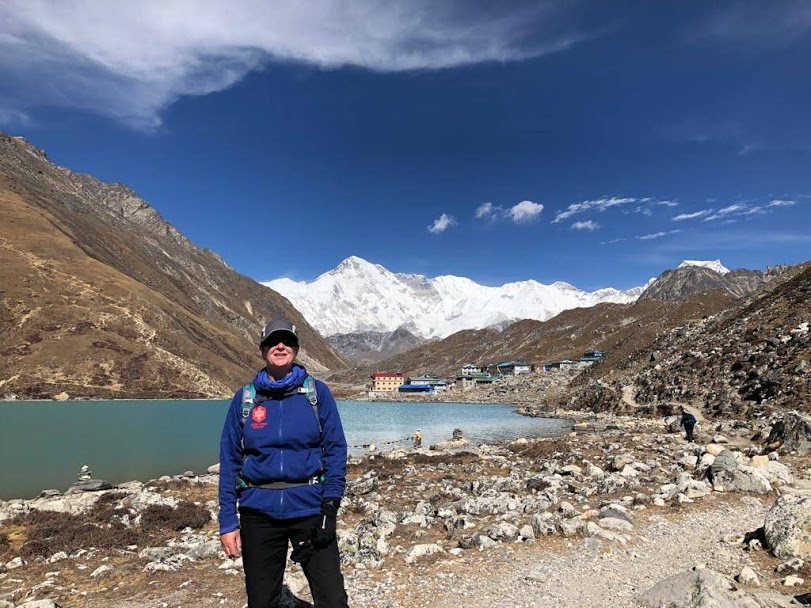
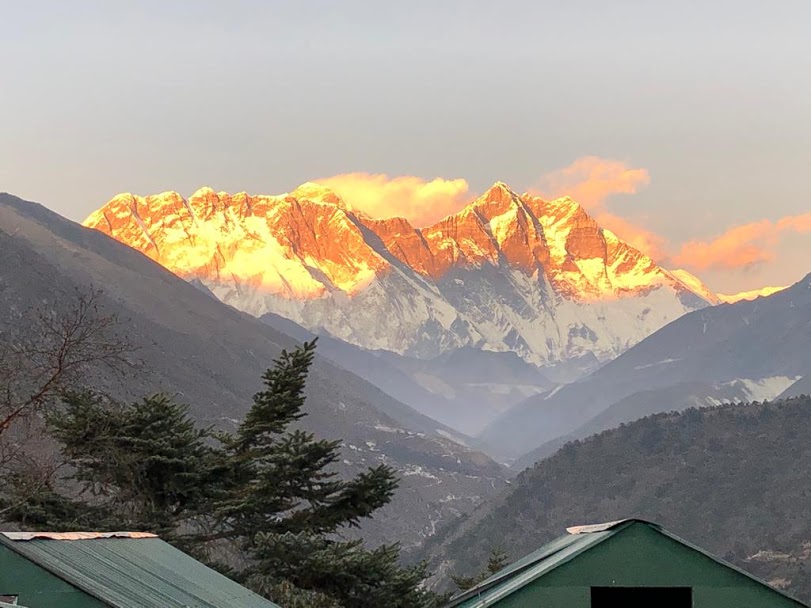
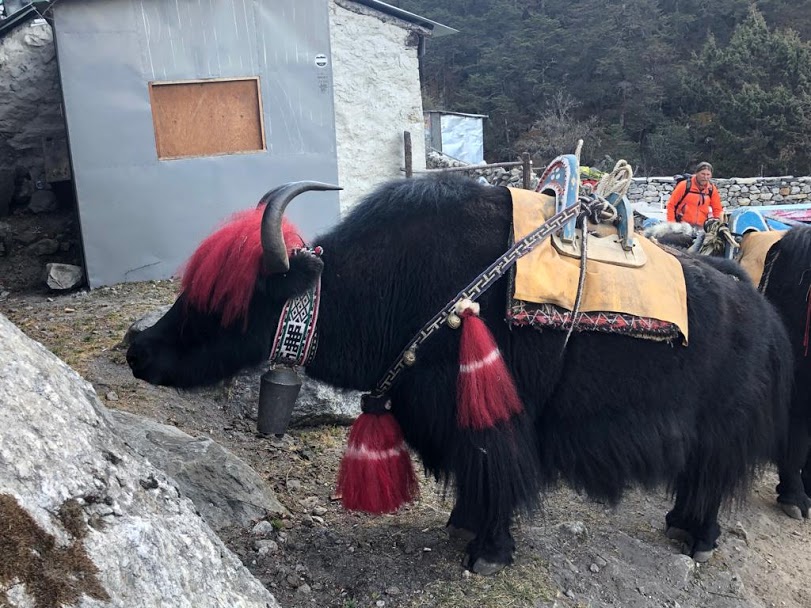
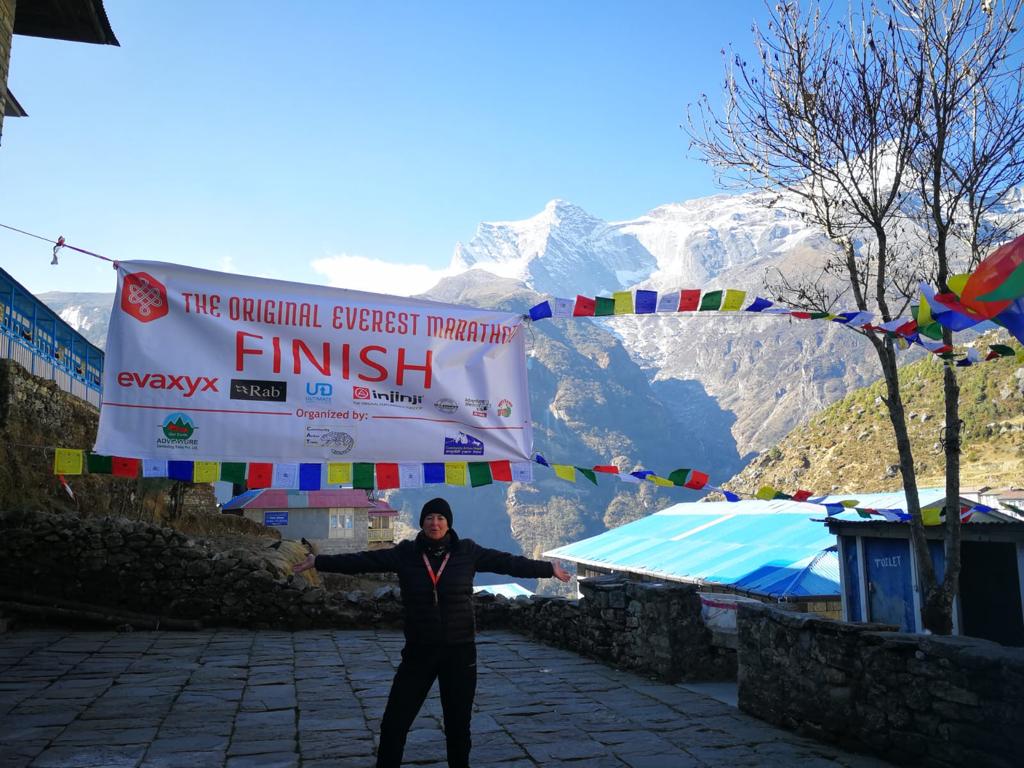
Share this page:
Contact us
To find out more about our work, or to discuss a potential project, please contact:
International Development Research Office
Faculty of Arts and Social Sciences
The Open University
Walton Hall
Milton Keynes
MK7 6AA
United Kingdom
T: +44 (0)1908 858502
E: international-development-research@open.ac.uk
.jpg)